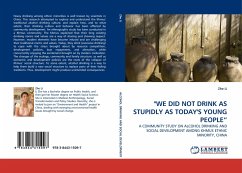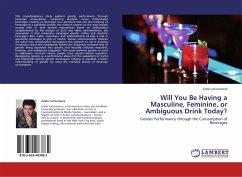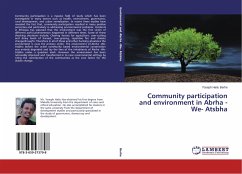Heavy drinking among ethnic minorities is well known by scientists in China. This research attempted to explore and understand the Khmus' traditional alcohol drinking culture, and explain how, and to what extent, their drinking culture and behavior has been affected by community development. An ethnographic study has been conducted in a Khmus community. The Khmus explained that their long existing drinking norms and values are a way of sharing and showing respect. However, modern elements have become infused and are challenging their traditional norms and values. Today, they drink (excessive drinking) to cope with the stress brought about by resource competition, development policies, loan repayments, and alienation, while concurrently enjoying the excitement brought on by modern civilization. The changes of the ecology, community and family structure, as well as economic and development policies are the roots of the collapse of Khmus' social structure. To some extent, alcohol drinking is a way to help them build a new social structure to replace parts of their fading traditions. Thus, development might produce unintended consequences.








